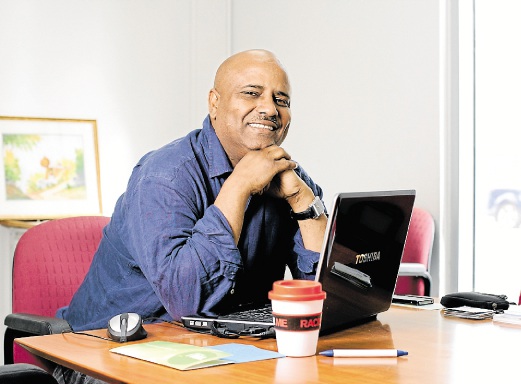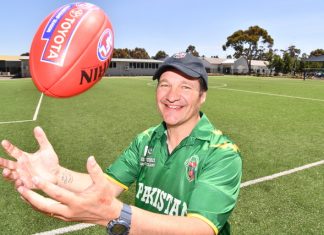AFRICAN leaders in Brimbank have welcomed the settlement of a drawn-out racial discrimination case between a group of young African-Australian men in the western suburbs and Victoria Police.
The case stemmed from allegations the young men were regularly stopped by police, mostly in Flemington and North Melbourne, for no legitimate reason.
The men claimed they were subjected to racial discrimination, including assaults, racial taunts and abuse, and racial profiling.
The case was settled at the Federal Court last Monday. The claims of harassment date back as far as 2006.
As part of the settlement, Victoria Police agreed to an inquiry to examine its own policies on stop-and-search and person checks and its cross-cultural training system.
Braybrook African community leader Abeselom Nega said it was a win for youth in Brimbank and the west who had long felt marginalised by police.
He said the release of statistics last year, showing Sudanese and Somali-born Victorians were five times more likely to commit a crime, had only worsened relations with police.
“There is no trust between African youth and the police so this is a very encouraging first step that Victoria Police are embarking on,” he said.
“But I think there also has to be a community strategy between local police and African youth in the west that is meaningful for the community. We need an open, honest and transparent discussion between the African community and police.”
Mr Nega, who works with African teens through his youth education group iEmpower, estimates there are more than 7000 Africans living in Brimbank.
“Many of the young Africans I encounter in the community are fed up by the treatment they receive from the police. They feel they are targeted because of the colour of their skin,” he said.
“This is a time when the community has questions and they will be demanding answers from police so we can all move forward.”
Victoria University lecturer Elleni Bereded-Samuel applauded the courage of the young men.
“There is a need to educate not only African youth but all youth in the west – whatever race they may be – on their rights and responsibilities,” she said.
“The only way stereotypes of races can be broken is through education and understanding.”
The accord reached between police and the six men comes five years after an initial complaint to the Australian Human Rights Commission.
An analysis of data from the police LEAP database by Melbourne University’s Professor Ian Gordon, commissioned on behalf of the six men, found that African men around Flemington and North Melbourne were roughly 2.5 times more likely to have their interaction recorded by police than the rest of the population.
Speaking to the media after the settlement announcement, Chief Commissioner Ken Lay said he did not accept that racial profiling was taking place, but he admitted that relations between some police and young African men had been “quite problematic”.
“I am pleased that this litigation has now concluded. Hopefully, it will find us in a far better place with our multicultural community. Hopefully, the work we will undertake will help us become better and better and help us prevent long-running processes like we’ve just had to go through.”








